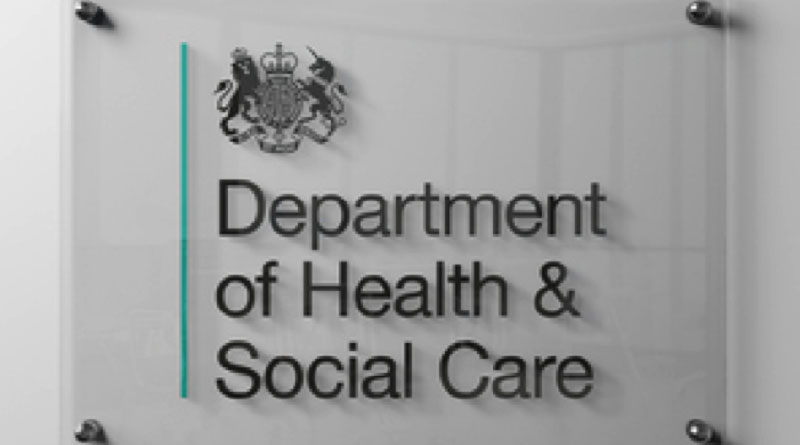
Patients To Benefit From “Cutting-Edge” NHS Care From Their Homes
More patients will receive faster, more convenient care from the comfort of their own homes, through the rollout of new digital technologies across the NHS.
Dozens of new pilot schemes across England will use remote monitoring and self-reporting tools through the NHS App to help patients share updates on their health directly with specialists.
The government’s push to bring in more remote monitoring will allow patients to share key health information – such as blood pressure, oxygen levels, or other symptoms – without needing to travel for an appointment. This makes care more convenient, helps clinicians detect changes early, reduces pressure on hospitals, and frees up time for staff to see patients who need face-to-face care most.
The NHS is also launching a world-first clinical trial to support people living with motor neuron disease (MND) using remote monitoring tech, helping them to access breathing support from home. Patients with MND can suffer with symptoms such as difficulty with movement, speaking, swallowing, and breathing, with the trial seeking to improve quality of life.
The projects will help inform the wider expansion of remote monitoring across all long-term conditions, pledged by the government in its Elective Reform Plan. Once in full flow, remote monitoring is expected to free up around 500,000 appointments every year, so patients can be seen by specialists faster.
The government is transforming public services by harnessing cutting-edge technology and moving the NHS from an analogue to digital era through its Plan for Change.
Health and Social Care Secretary Wes Streeting said:
Patients expect care fit for the 21st century and that’s what I’m determined to deliver. This is a government that puts the NHS and patients first as our record investment in the service shows.
“Using tech to bring care closer to home frees up hospital appointments for those who truly need them and makes life simpler for everyone. That’s our mission: care that’s easier, faster, and always within reach.
“Through innovative approaches like this and NHS Online – which will digitally connect patients to expert clinicians anywhere in England – we are building a smarter NHS all while easing pressures on busy hospitals and stretched staff.”
Many of the pilot schemes will focus on five key specialisms where the technology can make the biggest difference: ear, nose, and throat (ENT); gastroenterology; respiratory medicine; urology; and cardiology.
In many cases, patients will be able to complete digital forms and questionnaires via the NHS App rather than attending hospital, unless clinically necessary. Others with long-term conditions will be able to have routine tests carried out locally, with hospital specialists reviewing results remotely.
Ian Eardley, National Clinical Director for Elective Care at NHS England, said:
“Right across the country the NHS is harnessing the latest technology to ensure people can get the care they need more quickly and conveniently, and closer to home.
“Remote monitoring enables vital information to be shared more easily and efficiently between patients and their health teams – allowing people to get the support they need without an unnecessary trip to hospital.”
Professor Lucy Chappell, Chief Scientific Adviser to the Department of Health and Social Care and Chief Executive of the NIHR, said:
“As the nation’s largest funder of health and care research, the NIHR plays a vital role in supporting the NHS to adapt to changing needs and embrace new technologies. Funding world-class research into conditions such as Motor Neuron Disease helps build the evidence needed to improve care and leads to better treatments in the future.
“This work also supports the shift towards more care delivered closer to home, with digital tools offering more convenient access for patients, freeing up staff time and helping to reduce pressure on services.”

